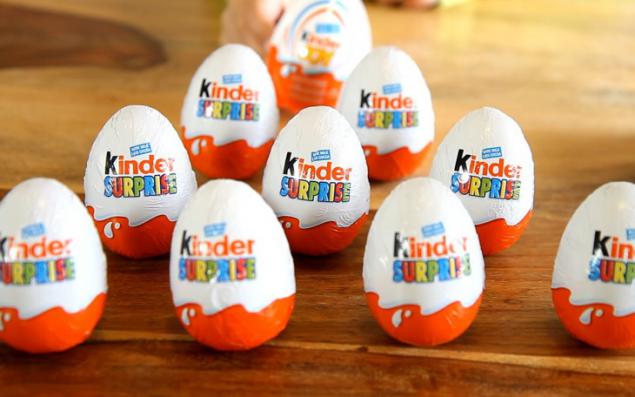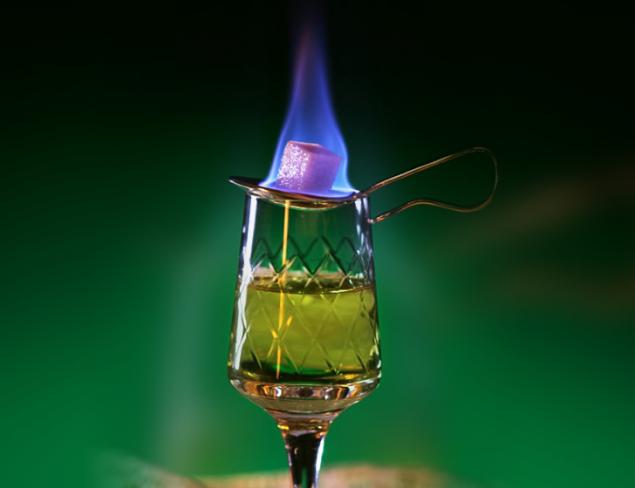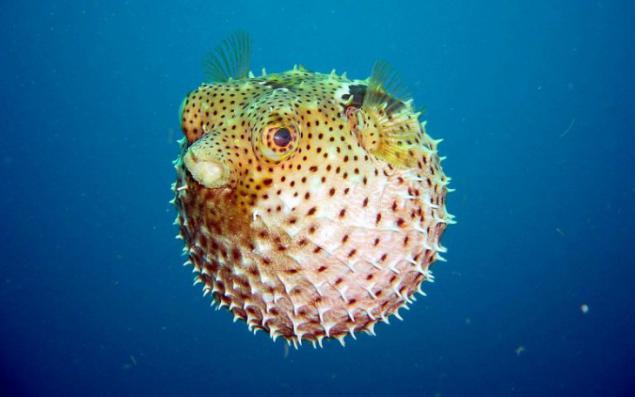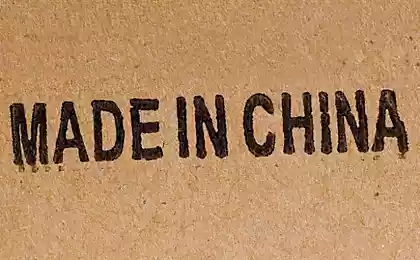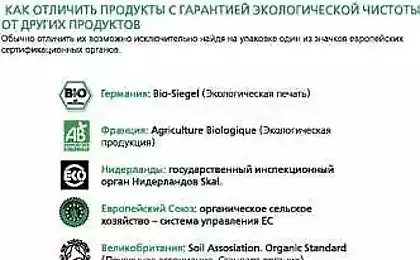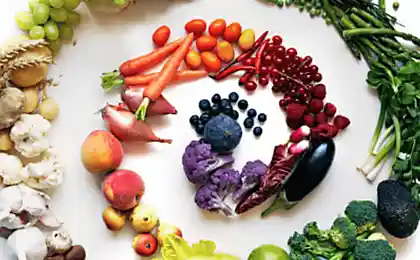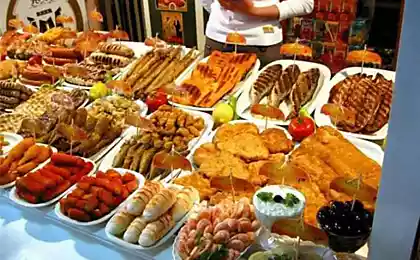687
Food & Beverage, banned in many countries
If you do not look closely to the same salmon or Kinder egg, nothing really criminal in these products will not notice. However, in some countries they are banned - and it was a complete surprise. < Website has collected a few examples of such prohibitions unpredictably dangerous products.
Eggs "Kinder Surprise» h2> For those who are going to go to the supermarket and buy US baby a treat with the toy inside, expect a nasty surprise. It turns out, "Kinder Surprise" banned for sale in the United States, as the Ministry of Health of this country does not approve the use of a combination of edible items to inedible.
Samsa h2> The traditional dish of the Horn of Africa and India is a samosa - spicy fried triangular pastry dough stuffed with meat or vegetables. However, samsa banned in Somalia, because it was considered "too Christian". Allegedly, the triangular shape samsy associated with the Holy Trinity.
Pink slime h2> Pasta with such a disgusting name is made from meat scraps. It used to be that it is only suitable as feed for dogs. The paste is soaked in ammonia, to give it some "meat" pink. Pink slime is still the main ingredient in the hamburger patties and sausages for hot dogs in the United States. In Europe, this product is banned.
Sports drinks and fruit soda h2> Brominated vegetable oil - a substance found in most sports drinks and flavored with citrus flavor. Brominated vegetable oil is forbidden in more than 100 countries, including EU, because it can cause thyroid dysfunction, occurrence of autoimmune diseases, inhibition of the growth process, and so on. D.
Salmon farmed h2> For fish farmed salmon grown on a special menu of grain mixed with antibiotics and other medications. This mixture leads to the fact that the fish meat turns gray, so manufacturers add astaxanthin to make it pink. This substance is very dangerous, but salmon, farmed, is prohibited only in Australia and New Zealand.
Unpasteurized milk h2> Unpasteurized milk is sold throughout Europe and is considered a much tastier and more nutritious than the heat-treated milk. Nevertheless, it is banned in half of US states and in Canada because of fears of the spread of listeriosis, salmonellosis, campylobacteriosis, and E. coli.
Absinthe h2> Absinthe - a strong alcoholic beverage produced from the leaves of different varieties of sage. Absinthe stimulates creativity, but also can cause hallucinations and aggressive behavior. As commonly understood, the birthplace of absinthe is France, but in this country it was banned more than 100 years ago. In 2011, absinthe is also banned in the USA, New Zealand and Australia.
Cas Marzio h2> Cas Marzio, which translated means "rotten cheese" is a traditional delicacy in Sardinia. It is made by placing the maggots inside the pecorino cheese. The larvae digest cheese, bringing it to a new level of fermentation. Most often Casu Marzu eaten straight from the larvae, which is very dangerous. Gastric acid is not always kills larvae which can drill the wall of the stomach and intestines. So rotten cheese produc forbidden to use and, yet, do it at home so far.
Fugu h2> puffer fish - the most poisonous invertebrate in the world. Its meat is considered a delicacy in Japan and Korea. However, in the event of the slightest error in the preparation of fugu it becomes deadly poisonous. Even the most experienced cooks need to learn three years to learn the secrets of preparing fugu, which contains a dangerous neurotoxin tetrodotoxin called. Improper preparation of the toxin remains in the fish, leading to muscle paralysis and death from asphyxiation. There is no antidote.
Foie gras h2> Foie gras - French name of the famous delicacy, and the name translates as "fatty liver." Make the foie gras of duck or goose liver, which are forced to eat 2-3 kg of food a day through a metal tube, which they introduced into the esophagus. The procedure is repeated for as long as the liver is increased by 10 times. Then, the liver is kept in the milk and honey to give it a special taste. Because animal cruelty of foie gras has been banned in 14 countries.
